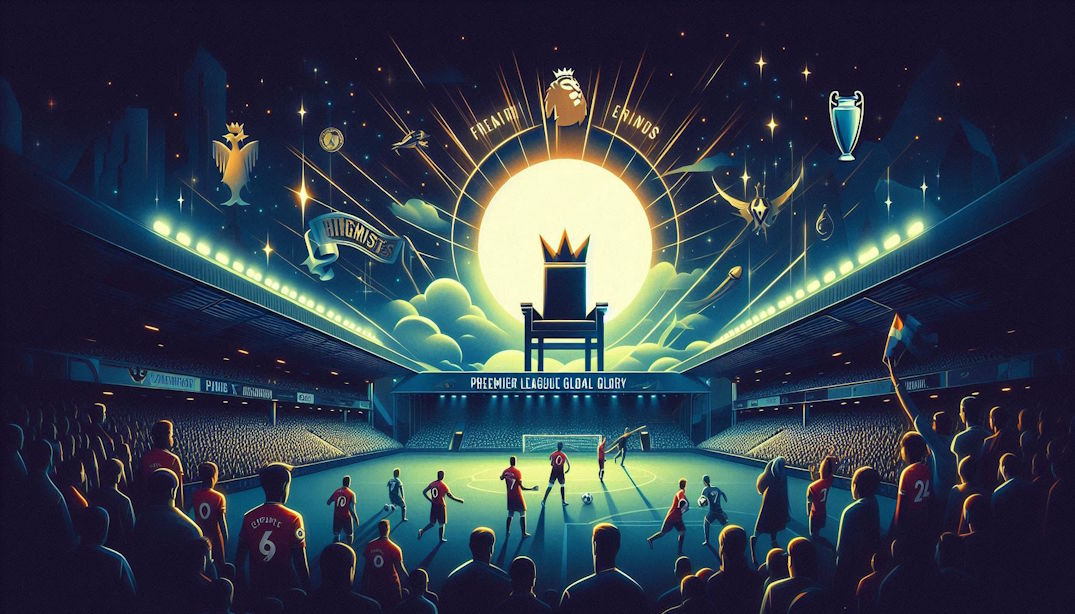
Author: WFS
2024-11-21
The Premier League was born out of a need for change in English football. By the late 1980s, the sport faced challenges such as declining attendances, insufficient facilities, and economic struggles among clubs. A group of top-flight clubs sought to improve the league's fortunes, leading to the establishment of the Premier League in 1992.
The breakaway created a new structure, allowing clubs to negotiate their own broadcasting rights. This resulted in a landmark deal with Sky Sports, which brought significant revenue to the league and transformed the way fans consumed football. Matches were now showcased with enhanced production, post-match analysis, and expert commentary, helping the league gain a worldwide audience.
The inaugural season (1992–93) included 22 teams, with Manchester United claiming the first-ever Premier League title. The season was the beginning of an era that would see English football rise to unparalleled heights.
As the Premier League grew, its global appeal attracted players, managers, and investors from around the world. This influx of talent raised the competition's standard, transforming it into a global phenomenon.
The late 1990s and early 2000s saw the arrival of influential players like Thierry Henry, Gianfranco Zola, and Cristiano Ronaldo, who brought flair and skill to the league. Legendary managers such as Arsène Wenger and José Mourinho introduced new tactics and philosophies, further evolving the league's playing style.
The financial investment from international owners, like Roman Abramovich at Chelsea and Sheikh Mansour at Manchester City, significantly altered the landscape. Clubs now had the resources to attract world-class talent, making the Premier League a hub for footballing excellence.
This global influence also extended to the league’s fanbase. Today, Premier League matches are broadcast in over 200 countries, captivating millions of fans weekly.